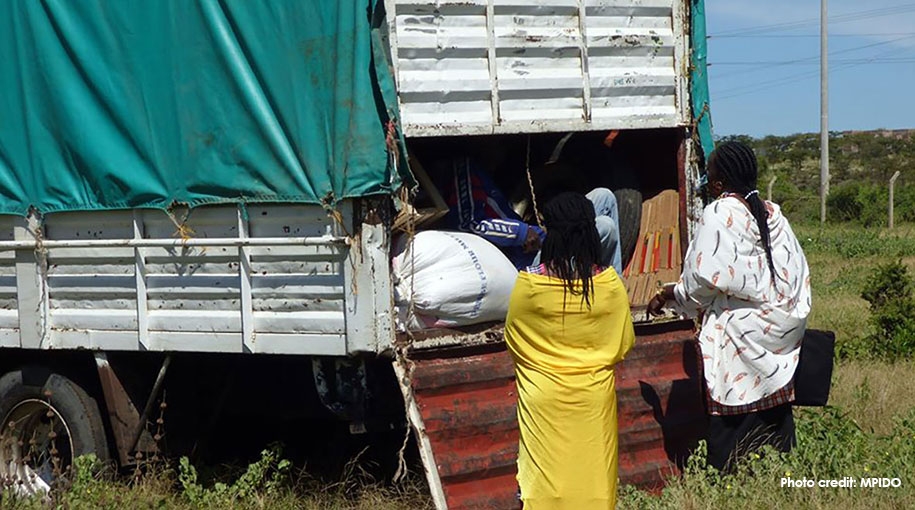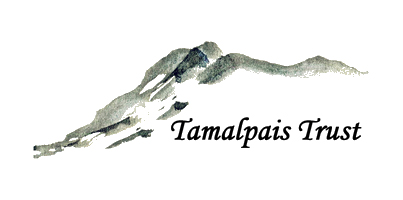Olosho Lang' Maibooi Olmeitai Le Corona (Our People, Let's prevent further spread of the Corona Virus pandemic)
Background
Over the years, indigenous peoples have been marginalized and have generally been left behind. This situation has been exacerbated by the coronavirus pandemic which has since shaken even the most developed nations and ground socio and economic developments to a halt. The situation of indigenous peoples is dire and desperate. With particular reference to Keek-onyokie and Magadi ward of Kajiado West Sub County of Kajiado County, indigenous community in Kenya[1], this is particularly true because our indigenous peoples do not have public utilities such as tap water, electricity, and critical infrastructure such as roads to schools and hospitals.
The target indigenous peoples of Kajiado County are particularly at risk because it has reported several COVID-19 cases as a result of which parts of the County have been included in the Metropolis that is currently under orders restricting movement. Even more worrying is the fact that Kajiado County borders Tanzania on the other side and Nairobi on the other, both of which have continued to see a rise in COVID-19 cases. Thus, people are not able to go in or out of the metropolis areas/restricted area. With such a high number of cases, the situation of the indigenous peoples of the two wards is compounded by the marginalization, poverty, lack of social and economic activities as a result of which indigenous peoples of the two wards in the County are further exposed to poverty.
Even more problematic is the fact that these indigenous peoples have few health facilities and few health workers with no drugs and equipment. With the spread of COVID-19, the situation is very desperate for them. The community members are therefore at great risk of infection as they do not have the means to keep buying their own masks, gloves, soaps, sanitizers and disinfectants and other necessities. Even where these hygiene and sanitation necessities are available, they are out of reach for indigenous peoples because indigenous peoples' lands do not have adequate roads and infrastructure to enable them access these necessities.
This is particularly true in the case of indigenous people of Kajiado County because they are pastoralists and their movement from place to place is through walking or donkeys for long distances. They are required to walk at least 300 kms to get water and food and to graze their livestock. These activities have become a bigger challenge and will continue to be a challenge during the COVID-19 pandemic and during the period that the movement restrictions are in place.
Project Objective
Enable the Maasai community in Kenya to prevent the wider spread of the COVID-19 within their communities and deal with the negative implications of the virus.
---
[1]See target community who are described as Keek-onyokie and Magadi ward of Kajiado West Sub County of Kajiado County
An Interview with the Executive Director of MPIDO
This video was made possible with the support of Tamalpais Trust Fund through the project, Realizing indigenous peoples’ sustainable, self-determined development (IPSSDD) through training of next generation indigenous leaders, including women and youth.
Target Beneficiaries
MPIDO will target the Maasai Indigenous communities in two wards, Keek-Onyokie with a population of 42,000 and Magadi ward with a population of 20,000 both in Kajiado West Sub County of Kajiado County. The targeted community comprises of Indigenous women, the elderly and the most vulnerable group. This project will target to benefit directly 1,500 households.
Through the Radio program, a larger population of IPs from both Southern Kenya and Northern Tanzania will be targeted which is approximately 1.2 Million. The Radio program sessions are meant to facilitate awareness creation through information sharing on the facts and precautions to be taken on the COVID-19.









